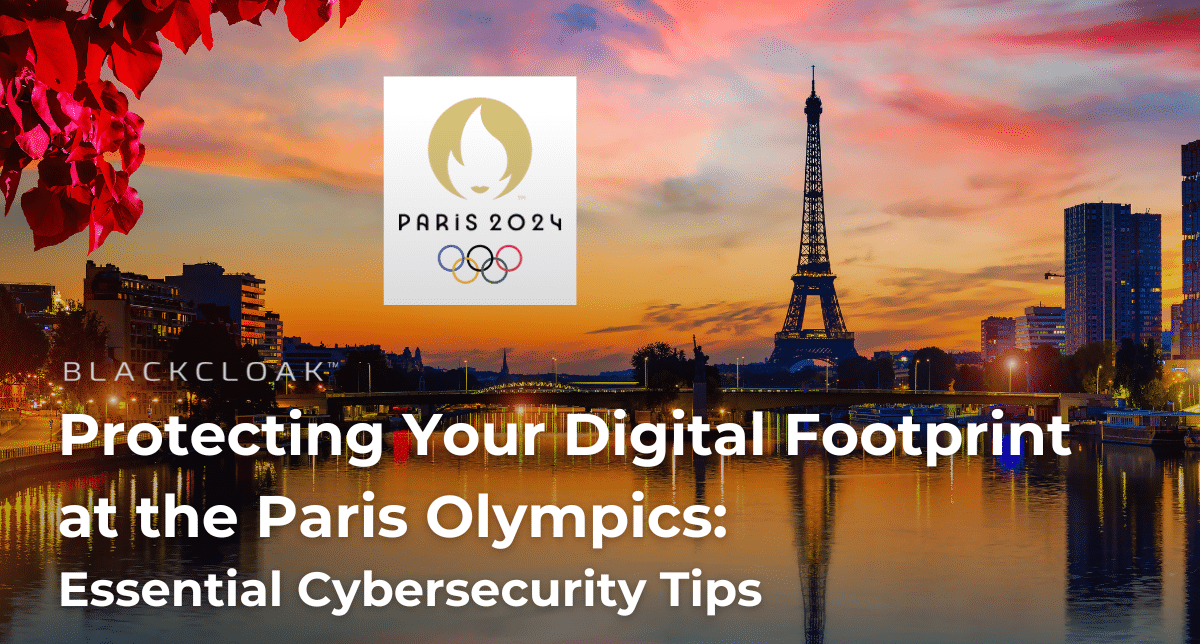Protecting Your Digital Footprint at the Paris Olympics: Essential Cybersecurity Tips

As the excitement for the Paris Olympics builds, it’s crucial to remember that large international events like these can also be a hotbed for cyber threats. Whether you’re attending the games for business or pleasure, the digital risks are real. Here’s a comprehensive guide to ensuring your personal cybersecurity is robust and ready to withstand potential threats.
1. Secure Your Devices
Before you leave:
- Update Software: Ensure all your devices—smartphones, tablets, laptops—are running the latest operating systems and applications. These updates often contain important security patches.
- Install Security Software: Equip your devices with reliable antivirus and anti-malware programs to provide a first line of defense against cyber threats.
- Backup Data: Regularly back up your data to an external hard drive or a cloud service to avoid data loss in case of a device compromise.
2. Be Wary of Public Wi-Fi
- Avoid Public Wi-Fi: Public Wi-Fi networks are notoriously insecure. Whenever possible, use a personal hotspot or a virtual private network (VPN) to ensure your internet connection is encrypted.
- Use a VPN: A VPN masks your IP address and encrypts your internet connection, making it significantly harder for cybercriminals to intercept your data.
3. Protect Your Personal Information
- Limit Sharing: Be cautious about sharing personal details, especially on social media. Avoid posting your travel plans, location, or other sensitive information that could be used against you.
- Use Strong, Unique Passwords: Utilize complex passwords for all your accounts and change them regularly. Consider using a password manager to keep track of them.
4. Beware of Phishing Scams
- Stay Alert: Be on the lookout for phishing emails or messages that might attempt to trick you into giving away personal information or clicking on malicious links.
- Verify Sources: Always verify the authenticity of emails, messages, or calls from unknown sources before responding or taking action.
5. Physical Security of Devices
- Never Leave Devices Unattended: Keep your devices with you at all times, especially in public places.
- Use Biometric Authentication: Enable biometric authentication such as fingerprint or facial recognition to add an extra layer of security to your devices.
6. Travel Light on Digital Devices
- Minimize Device Usage: If possible, travel with fewer devices. Consider using a dedicated travel device that contains only the information you need for the trip.
- Turn Off Auto-Connect: Disable auto-connect features on your devices to prevent them from automatically connecting to unknown networks.
7. Stay Informed
- Monitor Accounts: Regularly check your financial and online accounts for any suspicious activity.
- Emergency Contacts: Have the contact information for your IT support or cybersecurity team readily available in case of an emergency.
8. Utilize Multi-Factor Authentication (MFA)
- Enable MFA: For accounts that support it, enable multi-factor authentication. This adds an extra layer of security by requiring a second form of verification in addition to your password.
Attending the Paris Olympics is a unique and thrilling experience, but it’s essential to stay vigilant about your cybersecurity. By following these guidelines, you can significantly reduce the risk of falling victim to cyber threats and enjoy your time at the games with peace of mind.
Stay safe and secure!










